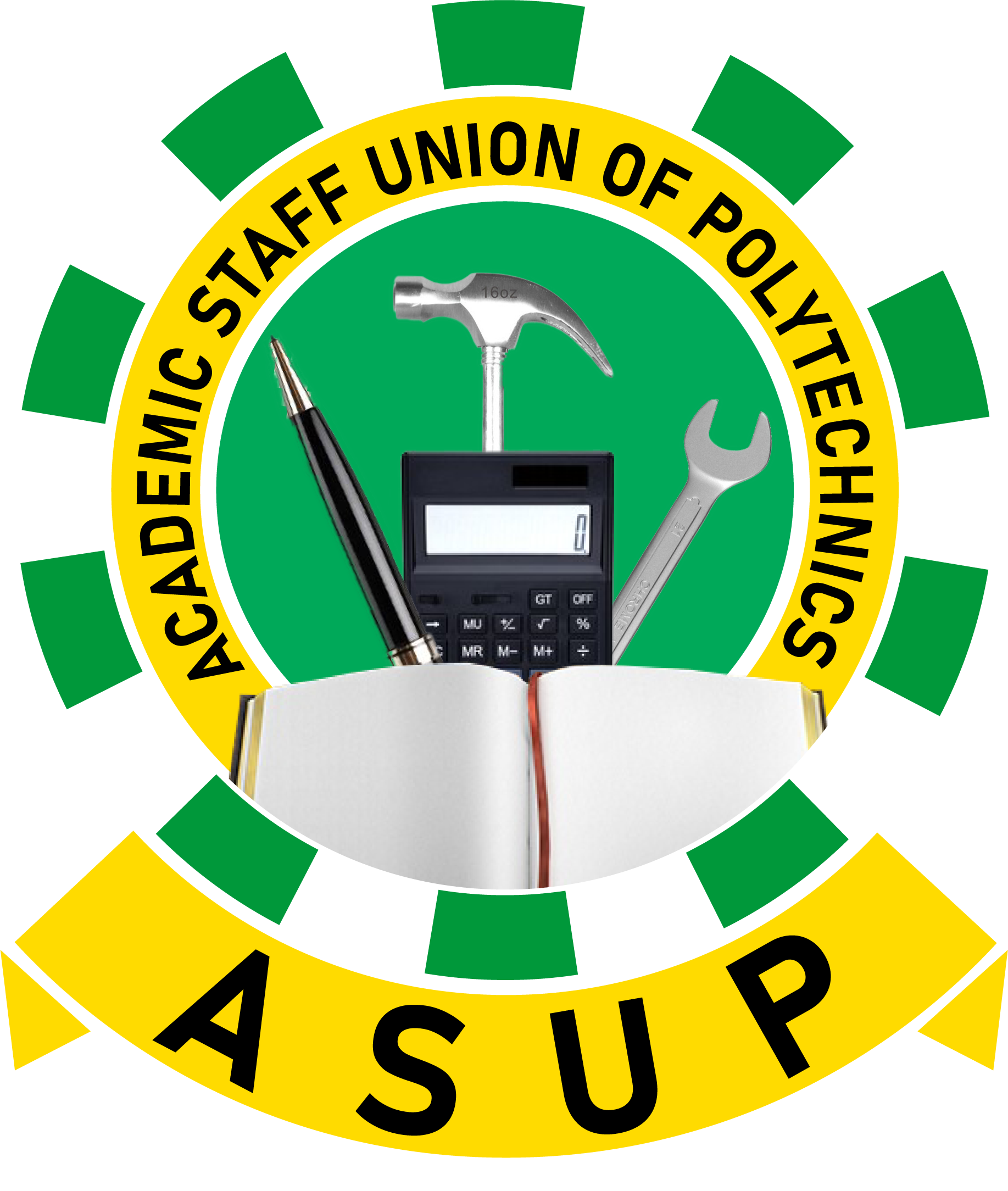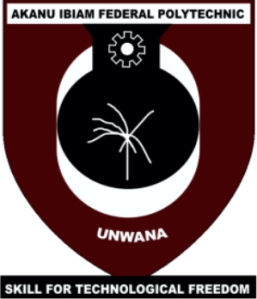

- ISSN: 2814 – 2802
- +234 0803 482 2346
- services@ajikt.org
INNOVATIVE 4TH INDUSTRIAL REVOLUTION DIGITAL TECHNOLOGIES FOR INCLUSIVE PUBLIC LIBRARY SERVICES DELIVERY FOR THE PHYSICALLY CHALLENGED USER
Abstract
This paper reviews innovative 4th industrial revolution digital technologies for inclusive public library services for the physically challenged user. Using literature and observed trends, the paper indicates that public libraries are the best positioned social institutions to provide the needed information services to the physically challenged using digital technologies such as artificial intelligence and machine learning, robots and cobots, high internet connectivity, autonomous vehicles, audio aids, visual aids, physical aids, text to speech software, speech recognition software, reading digital and audio libraries, etc. This helps improve access to digital literacy and devices in order to bridge the digital divide existing between the information privileged and the digitally excluded physically challenged, thereby enhancing an evenly developed society occasioned by the participation and contribution of every member. Despite having a prospect like the emergence of COVID-19 which necessitates the need for more virtual approaches to information services to limit the risks associated with physical contacts, challenges like financial limitations, equipment inadequacy, limited professionals and skills, absence of inclusive library services policies, faulty library designs, and sometimes, utter absence of public libraries affect the delivery of inclusive information services to the physically challenged using digital technologies. The implication of these is an imminent imbalance in societal development. The paper recommends preparation of policies on inclusive library services, training of librarians in handling 4IR digital technologies for inclusive library services, awareness and advocacy programmes, adequate provision funding for digital technologies acquisition, and establishment of more provincial libraries to address the challenges identified. Keywords: 4th Industrial Revolution, Digital Technologies, Inclusive Public Library Services, Physically Challenged